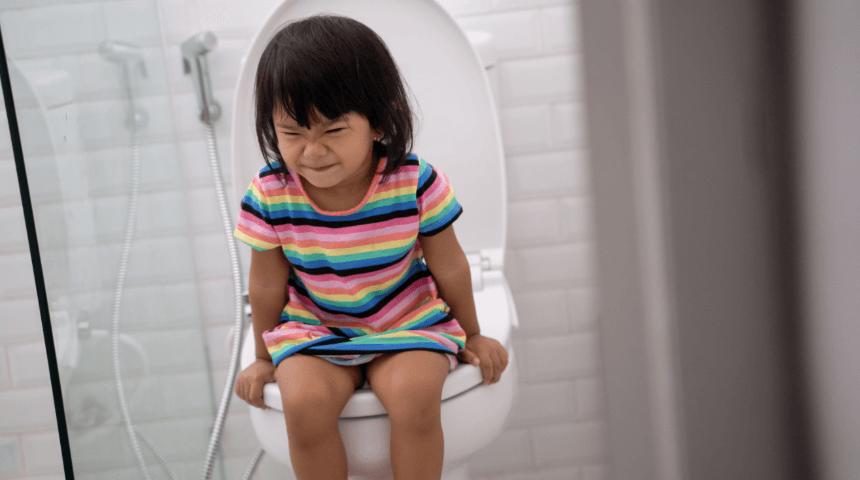Why You Shouldn't Give Aspirin to Your Child
You may have heard your pediatrician say that you shouldn’t treat your child with over-the-counter aspirin products. And if you haven’t, here’s your friendly reminder: aspirin and aspirin-containing products should not be given to children or adolescents unless under specific direction from your doctor.
Like many of us, when you hear this advice, you may tend to think, “what’s the big deal?” or “my parents gave it to me years ago, and I turned out fine.” You may even recall instances where you treated your child with aspirin and your child suffered no ill effects from the medication. After all, the medication is often referred to as “baby aspirin,” so it would seem logical that it could be given to children.
Why Aspirin Isn’t Safe for Children
Children who are given aspirin during the course of a viral illness are at risk for a rare but very serious illness called Reye syndrome (also referred to as Reye’s syndrome). This seems to occur more often with children who have had the flu (influenza virus) or chicken pox (varicella virus), but also can occur with other viral illnesses, including the common cold.
When a child develops Reye syndrome, they can get very sick, very quickly. Without treatment, the syndrome can be fatal. Even with proper medical treatment, children can develop varying degrees of brain damage that can affect them for a lifetime. Although Reye syndrome is rare, it strikes without warning, and the repercussions can be devastating. Because of this, pediatricians advise parents not to treat their children’s viral illness with aspirin.
Signs and Symptoms of Reye Syndrome
Children often experience some sort of viral illness prior to Reye syndrome, with the flu and chicken pox being the most common precursors. It often appears that the child is recovering from the virus and beginning to feel better, then they begin to experience frequent or continuous episodes of vomiting. A child may seem unusually lethargic or sleepy. For children who are under 2 years of age, the first sign of Reye syndrome may be diarrhea and rapid breathing.
As the course progresses, the child can become agitated, irritable, delirious or angry. He may hallucinate, lose consciousness, have seizures or experience weakness or paralysis of the extremities. If you notice any of these symptoms in your child, it is a medical emergency. Seek help immediately.
Products You Didn’t Know Contained Aspirin
Did you know that Pepto-Bismol contains aspirin? Yep, that slimy pink stuff our parents gave us every time we had a tummy ache is no longer recommended for kids because it contains aspirin. But there is a product that is marketed as Pepto-Bismol for Kids, and it’s basically a calcium supplement with no aspirin at all.
Unfortunately, it’s often difficult to discern which over-the-counter medications on the pharmacy shelves contain aspirin. Many products include a variety of different drugs under the same brand name. It’s important that when buying medication for your child you look at the section of the label entitled, “Active Ingredients.”
Under the “Active Ingredients” section, look for these medications that indicate the presence of aspirin:
- Acetylsalicylic acid

- Acetylsalicylate
- Salicylic acid
- Salicylate
In the case of Pepto-Bismol, you will see the active ingredient Bismuth subsalicylate. You may come across other confusing drug names, too. If you’re unsure whether a medication contains aspirin, be sure to check with your doctor or pharmacist.
Which Medications Are Safe for Your Child?
To treat pain and fever with over-the-counter medicines, choose products containing either ibuprofen (Motrin or Advil) or acetaminophen (Tylenol). Ibuprofen should only be used in children older than 6 months. If you need help choosing the appropriate medication for your child’s illness, your pediatrician or pharmacist can help – just ask!
Are You Interested in Learning More?
Sign up for our e-newsletter for more tips and best practices from pediatricians.
Sign Up Here










